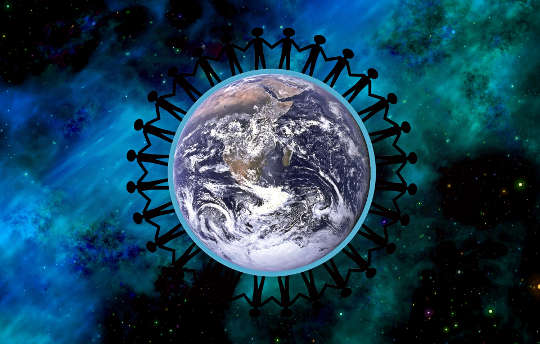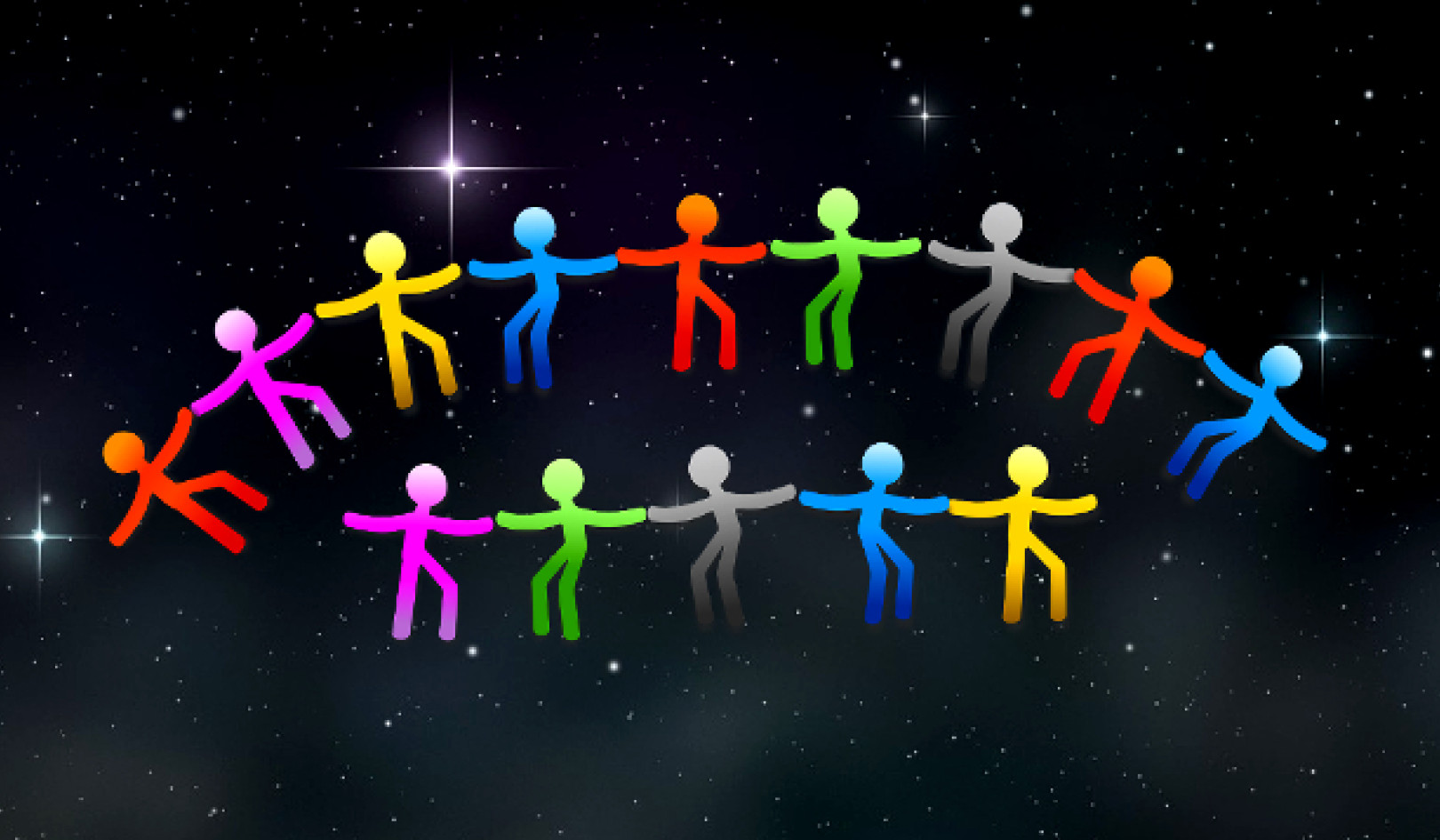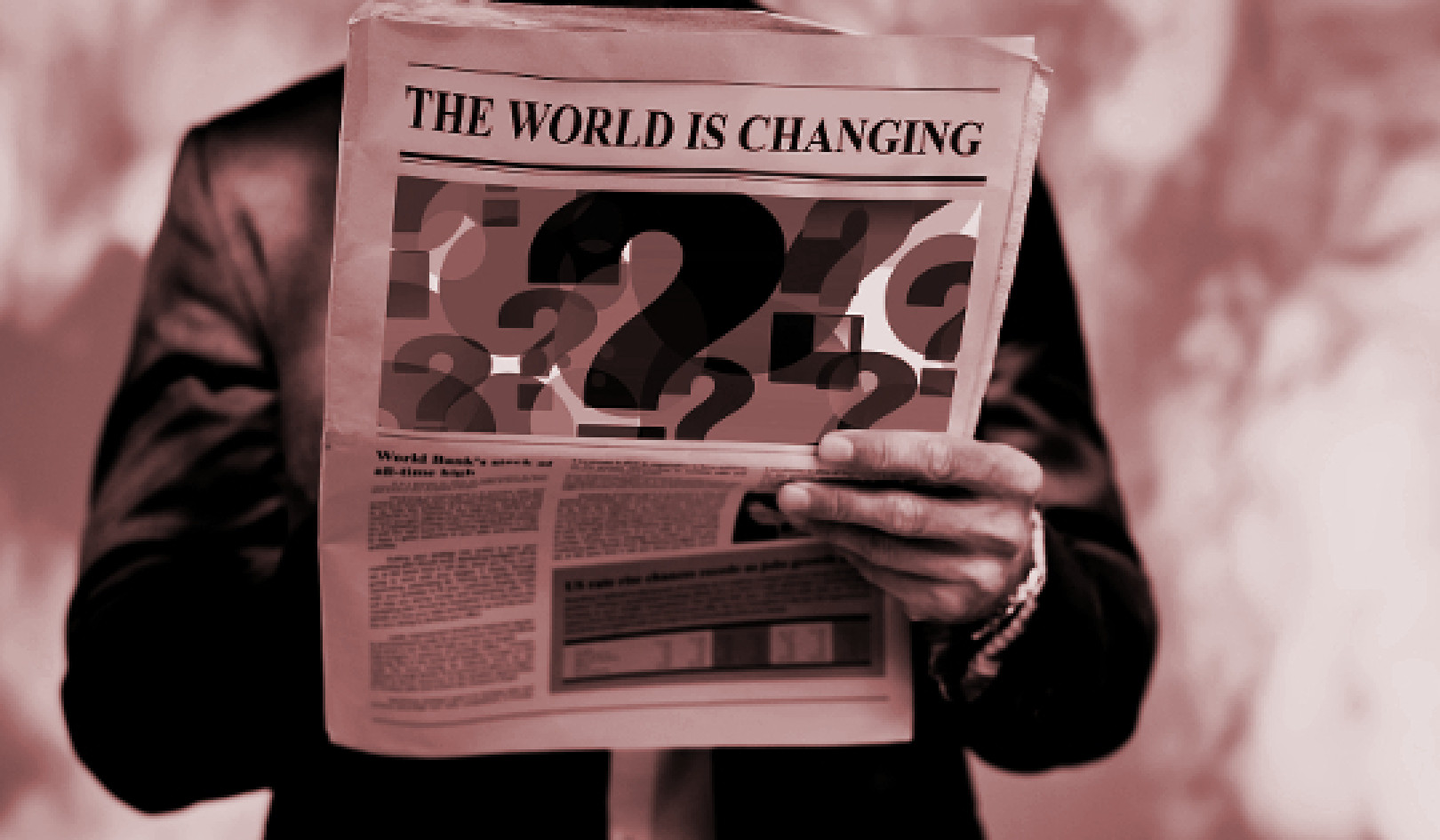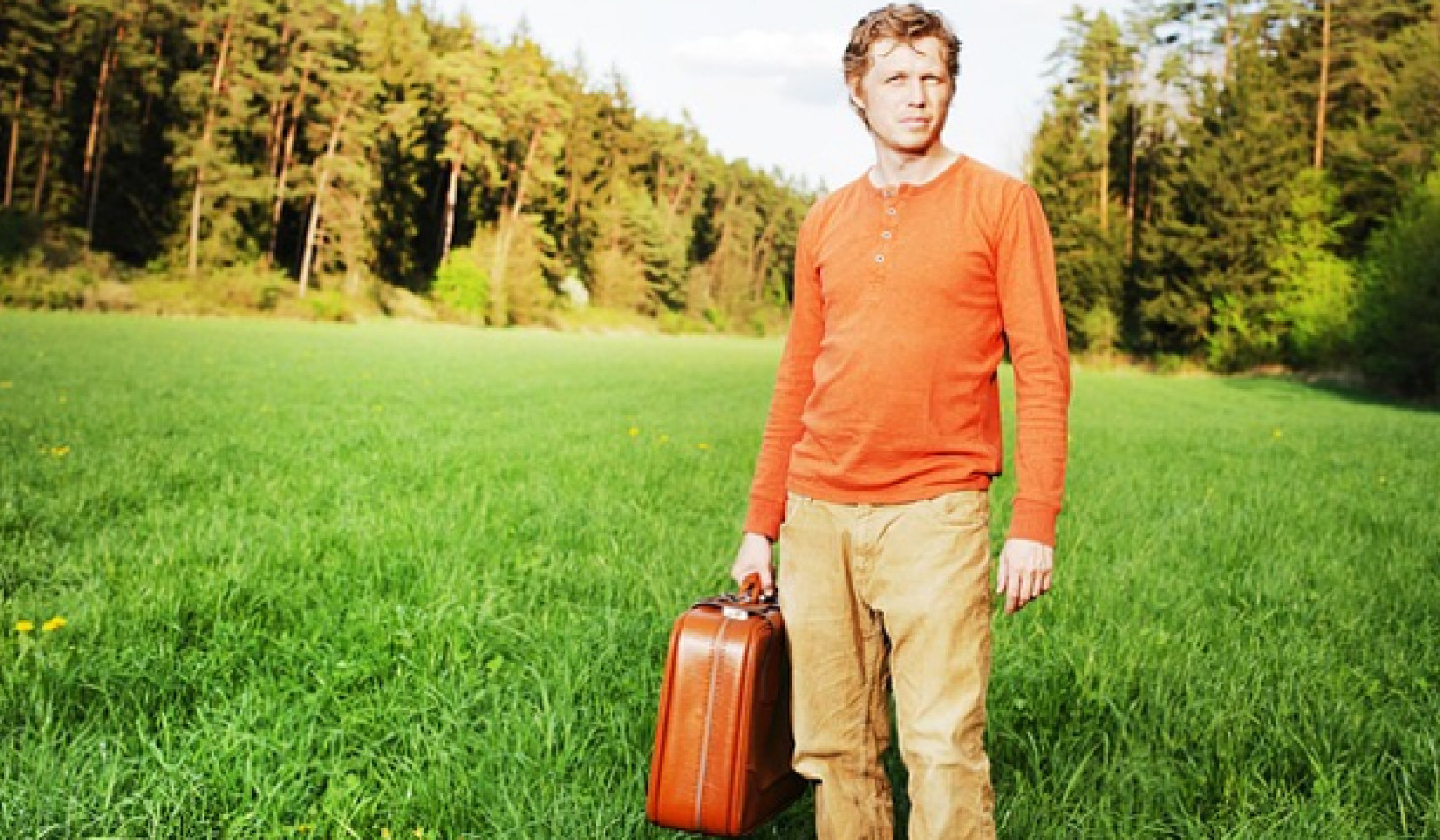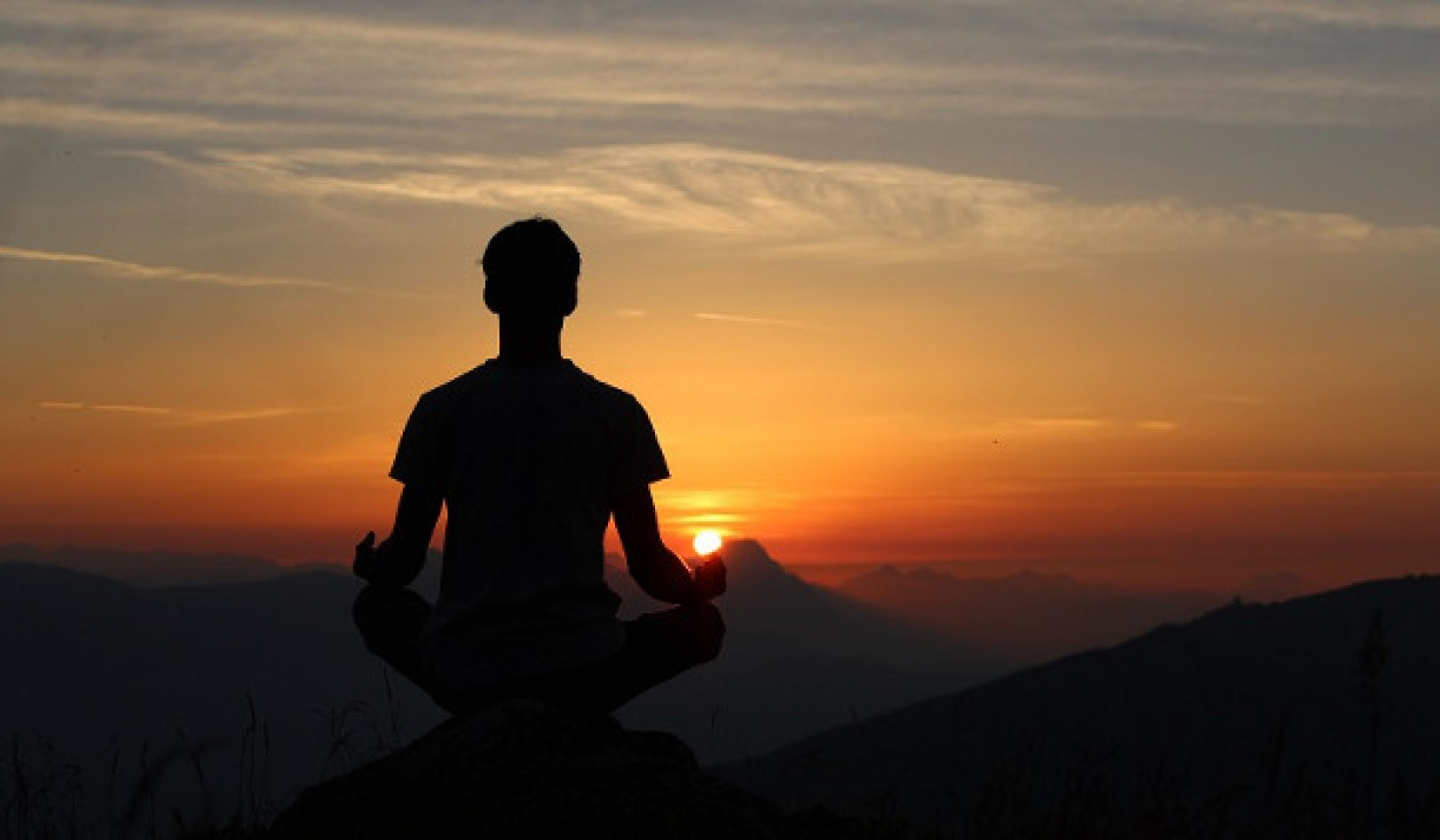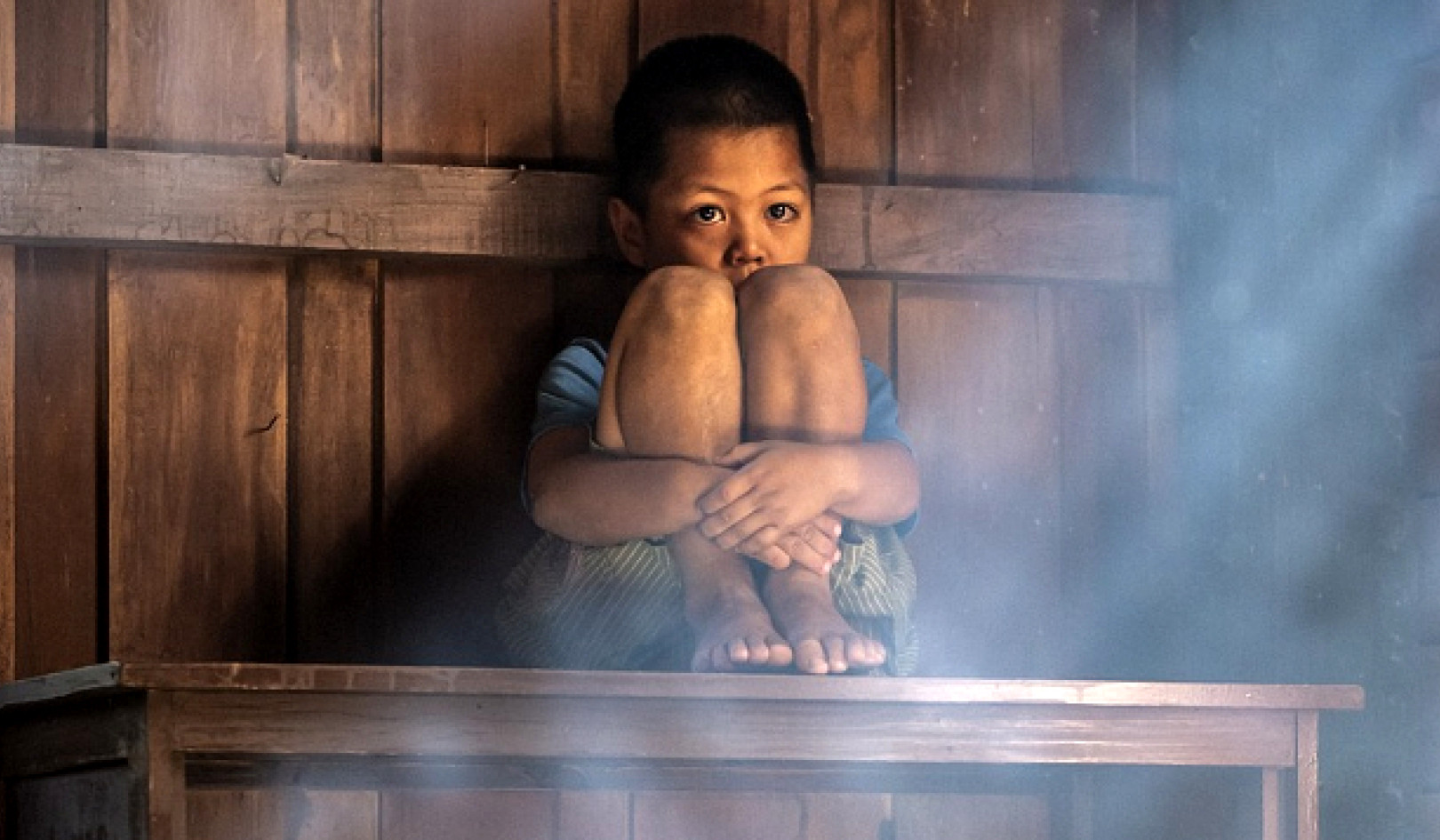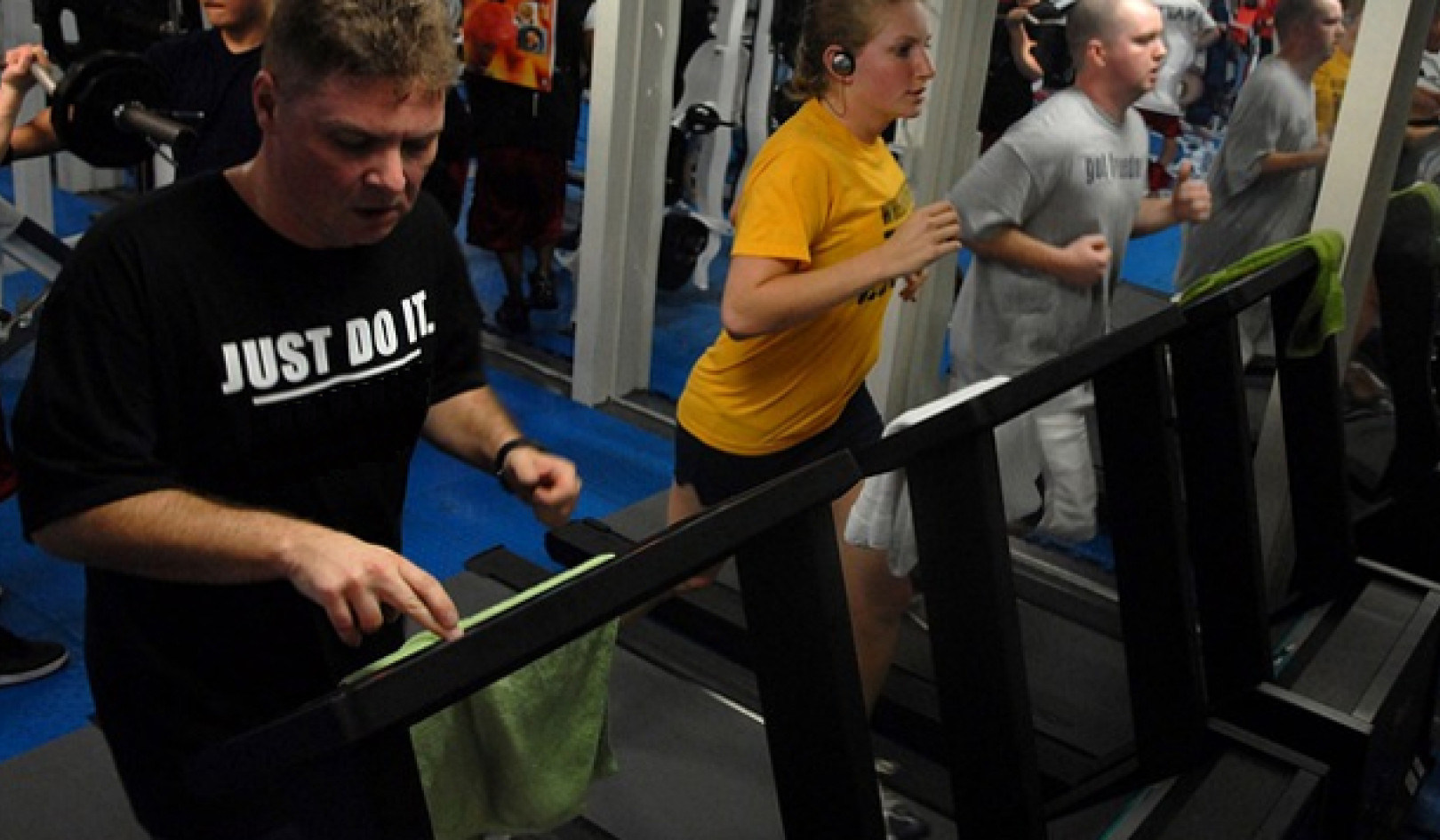It used to be that America was a “front porch” country. We knew our neighbors and had block parties on the Fourth of July. Even though there were still plenty of gritty inner-city neighborhoods, and poverty and crime, and a scary Cold War necessitating the “under the desk” air-raid drills at school, 1950s television programs like Ozzie and Harriet and Leave It to Beaver painted a totally different picture.
Newly built suburban homes had a station wagon in the driveway, a basketball hoop over the garage, a recreation room in the basement, and a loyal dog lounging on the perfectly manicured front lawn. These were idyllic places where all problems could be solved in thirty minutes with ample time out for commercials.
But the 1960s brought upheaval and massive change.
No longer would the presumed authority of parents, teachers, clergy, and government go unchallenged. No longer would the past be the unquestioned blueprint for the future.
The streets were filled with massive civil rights demonstrations and equally massive antiwar rallies. Two presidents were toppled by passionate public sentiment. Musical, sexual, feminist, and drug culture revolutions changed the face of America forever. America became a country where everybody was encouraged to “do your own thing.”
The Move to Individualism Was Fueled by Baseball
Because I am such a baseball fan, it pains me to say this, but the move to individualism was fueled by—of all things, the great American pastime—when in 1972 the Supreme Court of the United States mandated free agency for baseball players.
Until then, each Major League baseball team owned the services of its players, and the players were totally dependent on and at the mercy of the team for contracts, salaries, and working conditions.
While this constituted almost indentured servitude of the players to the teams, it had one benefit. The players were part of a team that was representative of its city. There was great fan-loyalty to the team, and, in turn, the players became part of the community.
While free agency is rightly celebrated as affirming the civil and labor rights of every individual worker and hailed as a great victory for the strength of labor unions that helped build America, baseball—and America—were forever changed.
Now, players change teams as often as they change socks. Rather than their priority being the good of the team, or the pride of a city, with a few notable exceptions they care mostly about their own personal achievements and statistics that will make them most appealing, and will earn them more compensation from the highest bidding team.
That attitude has made its way into much of American society. Instead of being a soft, embracing blanket that envelops us all, much of America has become a frayed patchwork quilt of special interests.
For so many, the prevalent theme has become me. Me. Me. Me.
My needs. My desires. My values. My choices. My demands.
We have become a nation that is defined not by its greater whole, but by its wildest extremes—black and white and brown, men and women, straight and gay, rich and poor, the powerful and the powerless. Person against person. Group against group. Cause against cause. We have become a nation that can hardly pass a bill in Congress anymore without compromising principle to political expediency.
We have few agreed-upon common values, little clear direction. We are constantly in fear of being swamped by the wave of narrow self-interest and the militant self-protection of “me-ism.”
What has happened to the common good? The greater good? The greatest good? What has happened to America—one nation indivisible?
What happens when we think and act only for ourselves, and do not respond to and even ignore our brothers and sisters, especially in their times of greatest need?
The Plague of "Not-Me-ism"
We are, at the very same time, a nation beset by the plague of “not me-ism.” Time and time again, we see people unwilling to take responsibility for their actions, unwilling to accept the consequences of their conduct, blaming others for their plight.
I’m not guilty. It’s not my fault. I did it because (choose one or many): I was underprivileged. I was over-indulged. I was discriminated against because of my color, race, ethnic background, religion, gender, sexual preference, age. I was abused as a child. I was battered as an adult. I trusted someone else. I was never able to trust anyone. I was betrayed, duped—used by father, mother, child, spouse, partner, doctor, lawyer, accountant, therapist, priest, minister, rabbi, imam, the police, the government. Not me! I’m not responsible. I’m not the perpetrator. I’m the victim.
In all too many instances these cries are sadly correct. Yet, in all too many instances they are excuses, rationalizations, weak justifications.
Our Community Is Our Noah’s Ark
Without fail, our community can and must always have room, and compassion, for everyone.
There is no place in a decent society for selfishness and self-centeredness. And there is no place for shunning responsibility, blaming others, dismissing obligation.
There is, instead, an urgent, critical need for communal obligation, shared responsibility, self-sacrifice, and the common good. We succeed best at being human and humane when we feel part of a family, a community, a group, a clan, a tribe. We share wisdom, learning, experience, energy, strength. We are better for being with each other.
The only way that America and many other countries around the globe will prosper and succeed—indeed, in some cases continue to exist in any constructive and meaningful way—is to restore the torn fabric of our society, to reaffirm the sense of the communal good through communal participation and responsibility.
It will not be easy to shift a mindset that has been growing and festering for decades. It will not even be easy to redefine the common good. But it is an effort worth every bit of energy that people and governments can devote. For, either we band together to forge a new strength in numbers, or we continue to devolve into individual fragments that will eventually break apart and break us.
The whole can become stronger than the sum of its singular parts. Together.
All of us. Together!
Starting with the Seeds
A woman dreamed that she walked into a new shop in the marketplace and, to her great surprise, she found God behind the counter.
“What do you sell here?” she asked.
“Everything your heart desires,” replied God.
“That is wonderful! If that is so, then I want peace of mind, and love, and wisdom, and happiness, and freedom from fear.”
And after a moment, she added, “Not just for me. For everyone on Earth.”
God smiled. “I think you have Me wrong, My dear. We do not sell fruits here. Only seeds.”
We know that the seeds of change are in Radical Loving and Awesome Holiness.
We know that the Love and Holiness we send out from our hearts will enter into the hearts of men and women, and especially the little children, all over this country and all over the world.
Copyright 2021. All Rights Reserved.
Reprinted with permission of the publisher
Monkfish Book Publishing. MonkfishPublishing.com/
Article Source
Radical Loving: One God, One World, One People
by Wayne Dosick.
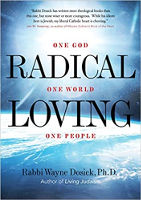 For many of us, it feels as if our world is breaking apart. Long-held, comfortable beliefs are being shattered, and we face unprecedented questions and challenges. How do we heal the harsh divisions of class, race, religion, and cultures that plague us? How do we vanquish sexism, rigid fundamentalism, unabashed nationalism, senseless hatred, and violent terrorism? How do we save our precious planet from the threats to its very existence?
For many of us, it feels as if our world is breaking apart. Long-held, comfortable beliefs are being shattered, and we face unprecedented questions and challenges. How do we heal the harsh divisions of class, race, religion, and cultures that plague us? How do we vanquish sexism, rigid fundamentalism, unabashed nationalism, senseless hatred, and violent terrorism? How do we save our precious planet from the threats to its very existence?
In this book is a bold, visionary, Spirit-filled blueprint for the redemption, transformation, and evolution of our emerging new world through radical loving and a day-to-day sense of the sacred. With age-old wisdom wrapped in contemporary garb, sweet, inspiring stories, keen insights, and gentle guidance, Radical Loving is a call to renewal and to Oneness?a promise that Earth can be Eden once again.
For more info and/or to order this book, click here. Also available as a Kindle edition.
About the Author
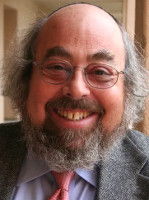 RABBI WAYNE DOSICK, Ph.D., D.D., is an educator, writer, and spiritual guide who teaches and counsels about faith, ethical values, life transformations, and evolving human consciousness. Well-known for his quality scholarship and sacred spirit, he is the rabbi of The Elijah Minyan, a retired visiting professor at the University of San Diego, and the host of the monthly Internet radio program, SpiritTalk Live! heard on HealthyLife.net.
RABBI WAYNE DOSICK, Ph.D., D.D., is an educator, writer, and spiritual guide who teaches and counsels about faith, ethical values, life transformations, and evolving human consciousness. Well-known for his quality scholarship and sacred spirit, he is the rabbi of The Elijah Minyan, a retired visiting professor at the University of San Diego, and the host of the monthly Internet radio program, SpiritTalk Live! heard on HealthyLife.net.
He is the award-winning author of nine critically acclaimed books, including the now-classic Living Judaism, Golden Rules, The Business Bible, When Life Hurts, 20 Minute Kabbalah, Soul Judaism, The Best is Yet To Be, Empowering Your Indigo Child, and, most recently, The Real Name of God: Embracing the Full Essence of the Divine.
For more info, visit https://elijahminyan.com/rabbi-wayne
More books by this Author.


